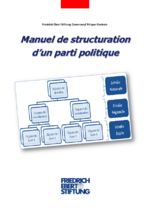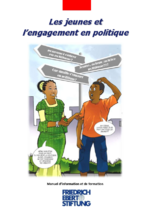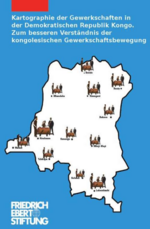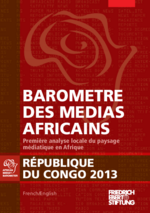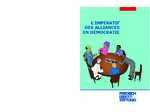Cameroon
Cameroon has been independent since October 1, 1961. Before that, Portugal, Germany, France and Great Britain ruled the country for around 500 years. Since 2016, the Central African country has been confronted with growing conflicts and increasing political and social tensions. Increasing social inequality and poverty, particularly in rural areas, are also major challenges that need to be addressed. In addition, there is a considerable backlog of reforms and investments as well as political challenges such as corruption and dwindling trust in political institutions, which are hampering the country's development. The 40-year colonial history has shaped and divided the country, and the effects, such as the different anglophone and francophone school and court systems, can still be felt in the everyday lives of Cameroonians today.
The security situation in Cameroon has been tense for years: In the North-West and South-West regions, various separatist groups have been fighting against the government army for an independent state since 2017; in the Far North region, there have been deadly attacks and kidnappings by Boko Haram since 2014; and in the East region, Seleka rebels from the neighboring Central African Republic have been committing violent crimes against civil society. These three armed conflicts are responsible for around two million refugees and internally displaced persons.
The Friedrich-Ebert-Stiftung has been active in Cameroon since 1987 and focuses its work on strengthening participatory democracy in Central Africa, supporting socio-ecological transformation, democratizing and reforming the security discourse, promoting and adhering to the criteria of sustainability and social justice in economic development and promoting gender equality. It attempts to achieve its goals through workshops, conferences, regional exchange forums, studies and publications, political consultations and targeted training measures.
Learn more about our work in Cameroon on the country project website.
Publications
Les jeunes et l'engagement en politique
Yaounde, 2014
Download (PDF) (1 MB PDF-File)
Butedi, François
Kartographie der Gewerkschaften in der Demokratischen Republik Kongo
Yaounde, 2014
Download (PDF) (1 MB PDF-File)
Barometre des medias africains
Windhoek, 2013
Download (PDF) (1,4 MB PDF-File)
